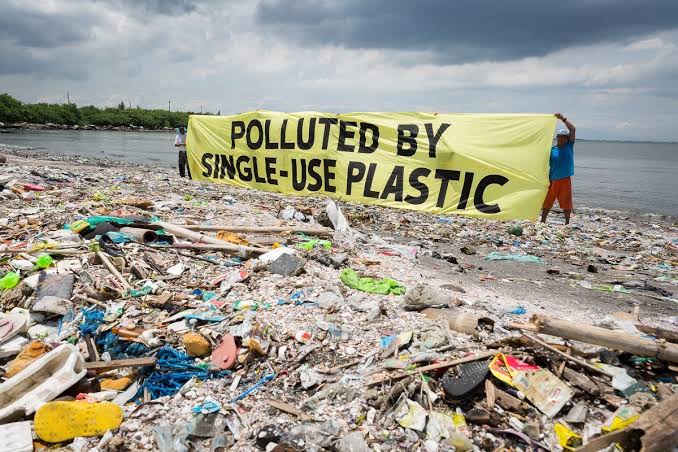
Faith Nyasuguta
Somalia has recently joined the global fight against plastic pollution by announcing a comprehensive ban on single-use plastics.
This significant decision, communicated through a decree from the Environment and Climate Change Ministry, positions Somalia alongside other nations in the East African Community (EAC) that have taken bold steps to curb the environmental impact of non-biodegradable packaging materials.
According to the decree issued on Thursday, Somalia is set to implement the ban on single-use plastics starting from June 30, 2024.
Notably, the announcement includes a commendable five-month grace period, offering importers and users the necessary time to adapt to the upcoming changes.
The Ministry’s statement explicitly notifies all entities involved in bag importation, manufacturing, retail, and commercial activities that the importation and use of single-use bags will be prohibited after the stipulated date.
This move aligns Somalia with fellow EAC member states, Kenya and Rwanda, both of which have successfully implemented complete bans on single-use plastics.
The experiences of Uganda and Tanzania, which have technically instituted bans but faced challenges in enforcement and cross-border smuggling, underscore the complexity of such measures.
The grace period emphasized by Somalia aims to provide businesses involved in plastic production and importation with the necessary time to explore and transition to environmentally friendly alternatives.
The country expresses its commitment to working collaboratively with stakeholders to identify and implement sustainable options. This commitment reflects a holistic approach, acknowledging the need for cooperative efforts to achieve meaningful and lasting change.
Environment and Climate Change Minister Khadija Mohamed Al-Makhzoumi highlighted that this decision is an integral part of local efforts to proactively address environmental challenges. The proactive stance aligns with global concerns about the impact of plastics on the environment and human health.
Plastic pollution has been a growing concern worldwide, with detrimental effects on ecosystems and human health. A study conducted by the Geneva Environmental Network has revealed that plastics contain toxic chemical additives and pollutants that pose threats to human health.

The health risks associated with exposure to these substances include the potential to cause cancer, disrupt hormones, and contribute to reproductive, growth, and cognitive impairments.
As Somalia takes this bold step toward environmental sustainability, it adds momentum to the broader movement against single-use plastics. The ban serves not only as a local initiative to address environmental challenges but also as a contribution to the global fight against plastic pollution.
It highlights the importance of collaborative efforts, both within the country and on the international stage, to foster positive environmental change.
RELATED:




